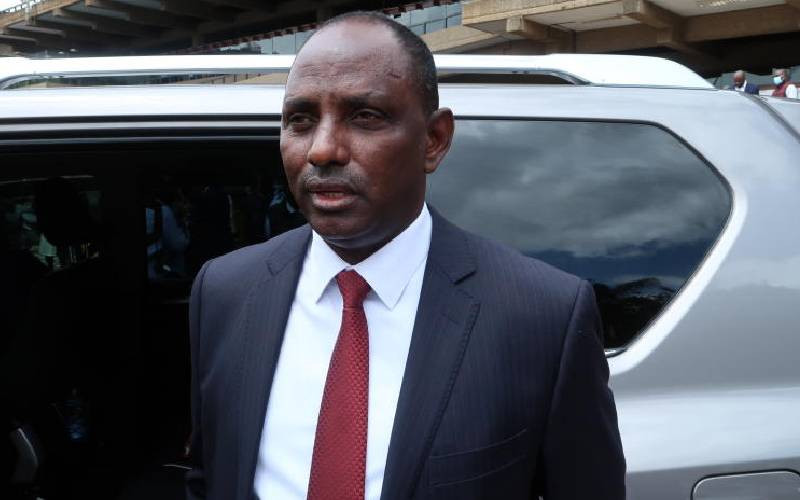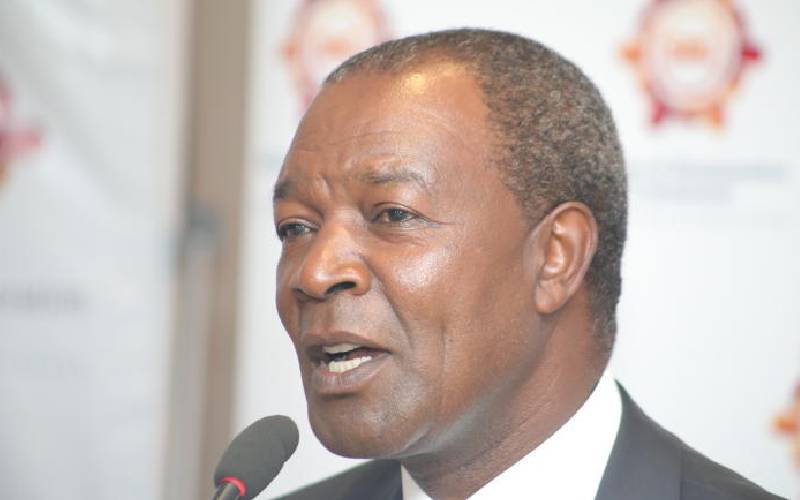Under the Constitution everything done by any state organ is done in exercise of delegated sovereign power. In every instance where one delegates anything they do not lose the right or power to do themselves that which they delegated.
The greatest threat to the will of the people is government, that is the Executive and Legislature, hence the adage love your country, fear your government. It is precisely for this reason and past experiences with our elected leaders that the framers of the Constitution included mechanisms to guarantee that the will of the people would never be subverted by their representatives in the Legislature and Executive.
One such mechanism is to be found under Article 1 Sub Article 2 which reserves the right of the people to by-pass their elected representatives and exercise their sovereignty directly. That means the people can do themselves all those things they have empowered the Executive and Legislature to do on their behalf! Simply put they either do what we the people want and expect or we do it ourselves.
Perhaps the best example of the direct exercise of sovereignty by the people is to be found under Articles 255 and 257 that deal with the question of amendment of the Constitution through referenda.
Now that the Opposition coalition has decided to put to the people that which the government seems unable or unwilling to do, Jubilee mandarins in predictable fashion have sought to pour cold water on the idea.
Their initial reaction was to say the push for the referendum would not succeed because any proposed referendum question would still need to clear the county assemblies and the houses of parliament before it could be put to the people. Of course many had not read Article 257 which states the exact opposite that if either houses of parliament fail to pass an amendment Bill proposed by popular initiative the proposed amendment must be submitted to the people in a referendum. Check mate tyranny of numbers!
That line of reasoning was quickly abandoned and a slew of others adopted. It is time for development not politics, a referendum would be too expensive and we do not have the money anyway. Let’s interrogate the expense argument for a second by revisiting the path we have taken before arriving at the calls for a referendum. Were there opportunities in the past for the government to deal with the five issues that precipitated calls for national dialogue in a cheaper way? Certainly! At the point when insecurity, corruption and high cost of living became persistent, the only expense on the taxpayer was the fat salaries we pay the Executive and Parliament to do their jobs. It’s not cheap, but certainly way cheaper than a referendum.
Then came calls for a national dialogue conference after the ineptitude of those in charge was laid bare. I have no idea how much the conference would have cost but doubt that it would have been cheap. What I am absolutely sure of is that it would have been cheaper than a referendum. So up until Saba Saba, those to whom we delegated the power to spend our money opted out of every single cost effective opportunity they had to deal with the problems we face.
They are now shopping for excuses to defeat our right to determine our affairs directly as enshrined under Article 1 (2). In a recent TV debate, one of the Jubilee leading lights even admitted money was not a problem. Clearly the real issue many have with the referendum agenda is that it has completely snookered the much-touted tyranny of numbers. The tyrannists know if a referendum question on strengthening devolution, or fighting insecurity were to be put to the people, it is highly unlikely people would vote in the same patterns we saw when it was just a choice between Raila Odinga and Uhuru Kenyatta.
 The Standard Group Plc is a
multi-media organization with investments in media platforms spanning newspaper
print operations, television, radio broadcasting, digital and online services. The
Standard Group is recognized as a leading multi-media house in Kenya with a key
influence in matters of national and international interest.
The Standard Group Plc is a
multi-media organization with investments in media platforms spanning newspaper
print operations, television, radio broadcasting, digital and online services. The
Standard Group is recognized as a leading multi-media house in Kenya with a key
influence in matters of national and international interest.
 The Standard Group Plc is a
multi-media organization with investments in media platforms spanning newspaper
print operations, television, radio broadcasting, digital and online services. The
Standard Group is recognized as a leading multi-media house in Kenya with a key
influence in matters of national and international interest.
The Standard Group Plc is a
multi-media organization with investments in media platforms spanning newspaper
print operations, television, radio broadcasting, digital and online services. The
Standard Group is recognized as a leading multi-media house in Kenya with a key
influence in matters of national and international interest.





